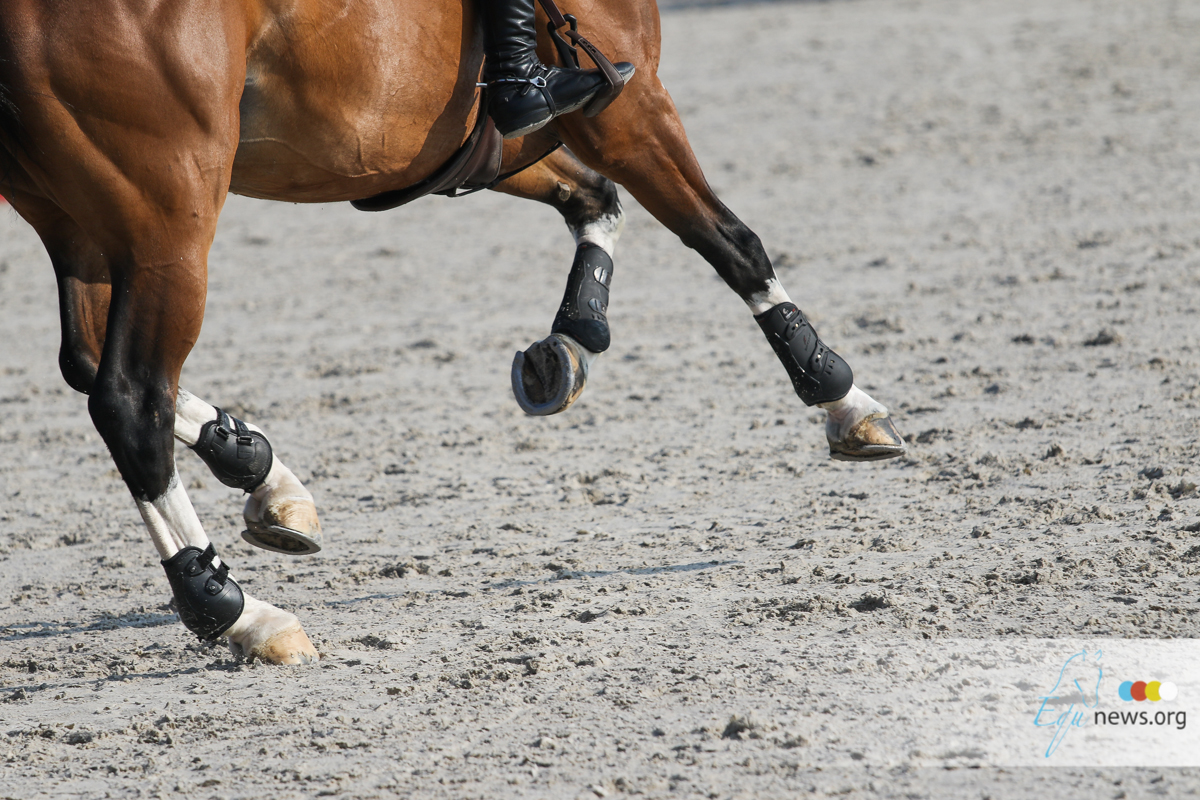he defence team consisting of Mr Piotr Wawrzyniak of Schelstraete Equine Lawyers and the co-counsel Ms Lisa Lazarus, Esq. successfully represented a Saudi Olympic Equestrian in controlled medication proceedings before the FEI Tribunal. The cases involved triamcinolon acetonide usage. Despite the fact that the athlete observed the withdrawal / detection period of the medication as prescribed by the FEI (http://inside.fei.org/system/files/FEI_detection_times_lab_2015_2.pdf) before re-entering into the competition again, the horse tested positive on triamcinolone acetonide. The case was not the first violation of the athlete. Thanks to the successful legal argumentation based on the doping case law, the FEI Tribunal found that the degree of fault of the PR is to be considered as small, when viewed in the totality of the circumstances in the case at hand. The Tribunal agreed with the defence team, that the athlete did everything he could have possibly done when selecting the veterinarian treating the horse. In the view of the FEI Tribunal the defence team proved that the athlete was careful when selecting his veterinarian, and he made sure to find someone with expertise and who was recommended also by his usual veterinarian, who was not available to treat the horse at the time. Like in any doping case, the circumstances are decisive. Good argumentation and a well-thought strategy are decisive. So, if you are confronted with a sanction coming from the FEI or another doping authority and you have doubts about your legal position. Then do seek legal advice at http://www.europeanequinelawyers.com. Before doing anything obtain legal advice and remember you can’t unscramble scrambled eggs.
Schelstraete Equine Lawyers settles FEI doping case
-
categories:

